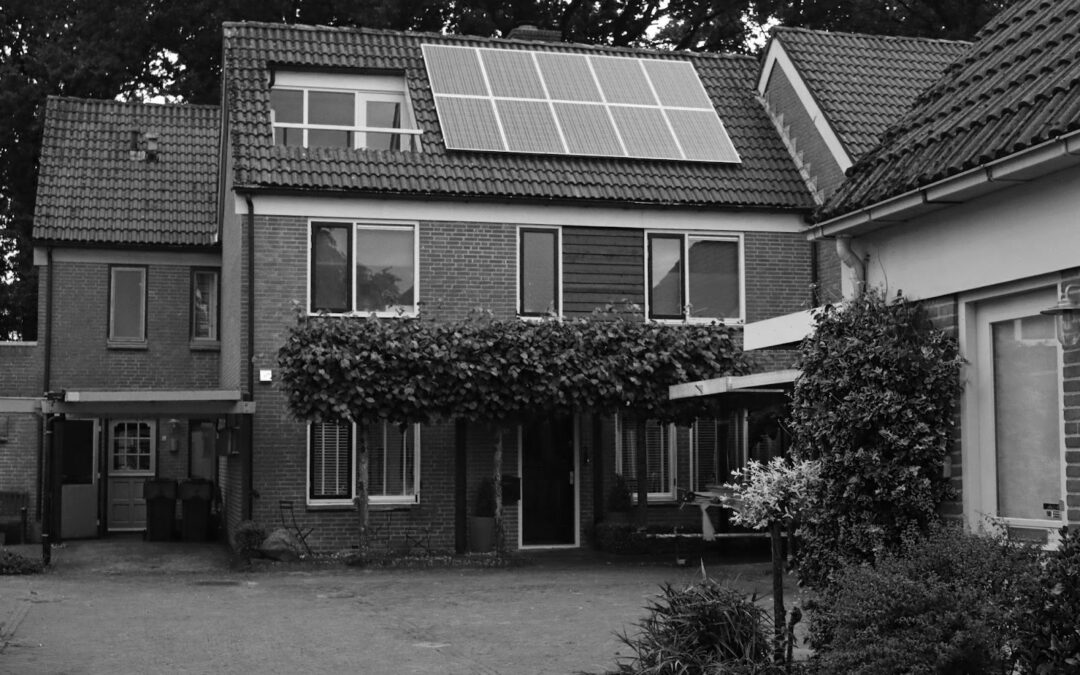As the sun showers our planet with a seemingly inexhaustible supply of energy, savvy homeowners are looking skyward to harness this power for residential use. Solar panels have evolved from an eco-centric novelty to a practical home upgrade that can reduce energy costs and increase self-sufficiency. In this light, let’s illuminate the benefits and key considerations of smart solar panel investment for homeowners.
A Sunnier Forecast for Energy Independence
Energy independence is another powerful motivator for going solar. Homeowners with solar panels can often meet a significant portion of their electricity needs without reliance on the grid, particularly in sun-rich locales. This autonomy not only protects from blackouts but also guards against fluctuating energy prices. As battery storage technology improves, this independence only grows.
When considering the switch to solar, it’s important to stay informed about local energy providers that can help in the transition. For Texas homeowners, consulting a Texas light company can provide valuable information and services that can further enable the move toward sustainable energy consumption. Staying connected to regional energy experts ensures that you can make the most of your solar investment while aligning with your specific energy needs.
Consider the Sunprint: Evaluating Your Home’s Solar Potential
Before basking in the benefits, homeowners must assess the solar potential of their abode. Factors such as roof size, orientation, shading, and local climate play pivotal roles in the viability of a solar installation. Online tools or an assessment by a solar professional can help determine the solar footprint of your home.
A Bright Investment: Solar Panel Lifespan and Maintenance
Solar panels are not only a green choice but a durable one. Most systems have a lifespan of 25-30 years, requiring minimal maintenance. Occasional cleaning and inspections ensure the panels operate at peak efficiency. Panels are generally robust, but warranties and insurance can provide peace of mind against the unexpected.
The Sunny Side of Savings
Solar panel systems convert sunlight into electricity, slashing monthly energy bills. With rising utility costs, the initial investment in solar technology can pay off, leading to decades of utility savings. Moreover, some regions offer incentives or rebates, sweetening the deal for solar adopters.
Technology Advancements in Solar Energy
As technology advances, the efficiency of solar panels continues to improve. Higher efficiency means more power generation from a smaller footprint, making the most of limited roof space. Innovations such as bifacial solar panels and solar shingles integrate energy production more seamlessly into the home aesthetic, potentially overcoming resistance from homeowners concerned about visual impact.
Future Horizons: The Role of Solar in Sustainable Living
Looking forward, the role of solar energy in sustainable living cannot be overstated. Solar power stands at the forefront of this transition as we move towards a future of renewable energy. With potential developments in grid technology and shared community solar programs, the adoption of solar energy is poised to accelerate, fostering a more resilient and ecologically attuned society.
Green for the Environment, Green for Your Wallet
Investing in solar panels isn’t just a financial decision—it’s an environmental commitment. Solar energy generation is inherently clean, sidestepping the air and water pollution associated with fossil fuel power. A single household’s solar installation can significantly reduce its carbon footprint. In addition, solar panels increase property value, offering a tangible asset that appeals to the eco-conscious homebuyer.
Permitting Your Solar Journey: Navigating Legal Considerations
Homeowners must navigate various regulations, from zoning laws to building codes. Permits and paperwork are part and parcel of the solar panel installation process. However, taking the time to understand and comply with these requirements ensures a smooth and lawful transition to solar power.
Solar Flair: Aesthetic Impact and Community Perceptions
The appearance of solar panels has improved dramatically, but aesthetic concerns remain for some homeowners. While sleek, modern designs have lessened the visual impact, community standards and homeowners association (HOA) guidelines may influence the decision to go solar. Engaging with neighbors and HOA boards can allay concerns and pave the way for a more solar-friendly community.
Financial Incentives and Solar Financing
It’s worth noting that financial incentives for solar installations can significantly defray the upfront costs. Tax credits, grants, and solar renewable energy credits (SRECs) are examples of opportunities that might be available depending on your location. Regarding financing, options like solar loans, leases, and power purchase agreements (PPAs) can reduce financial barriers, making solar energy more accessible to a broader range of homeowners.
Conclusion: Making an Enlightened Choice
Investing in solar panels represents a savvy move towards energy efficiency, long-term savings, and environmental stewardship. Each homeowner’s situation is unique—a careful evaluation of the potential benefits and considerations is essential. With the right approach, the investment in solar panels can brighten both your financial future and the planet’s prospects, one sunny day at a time.

